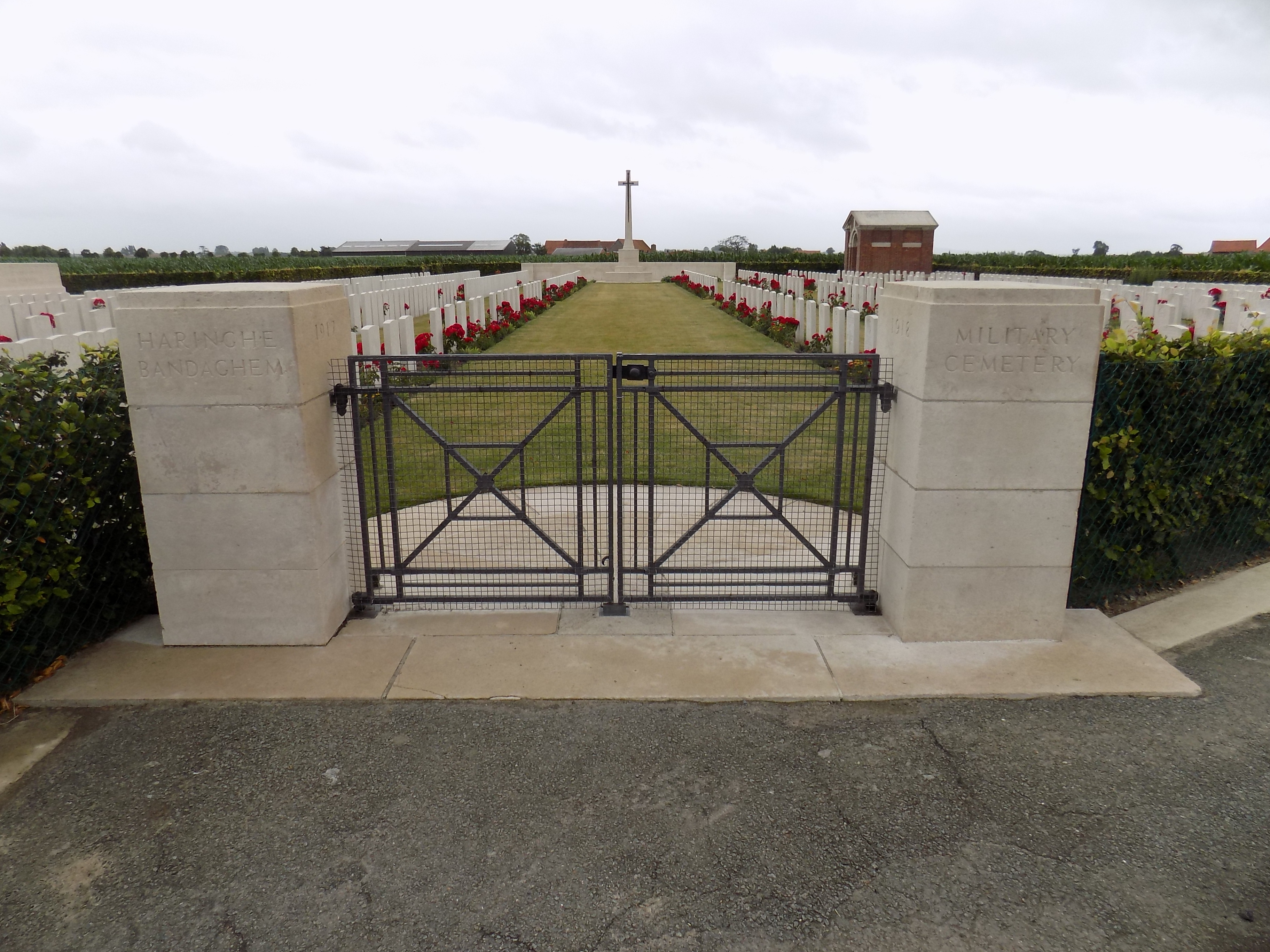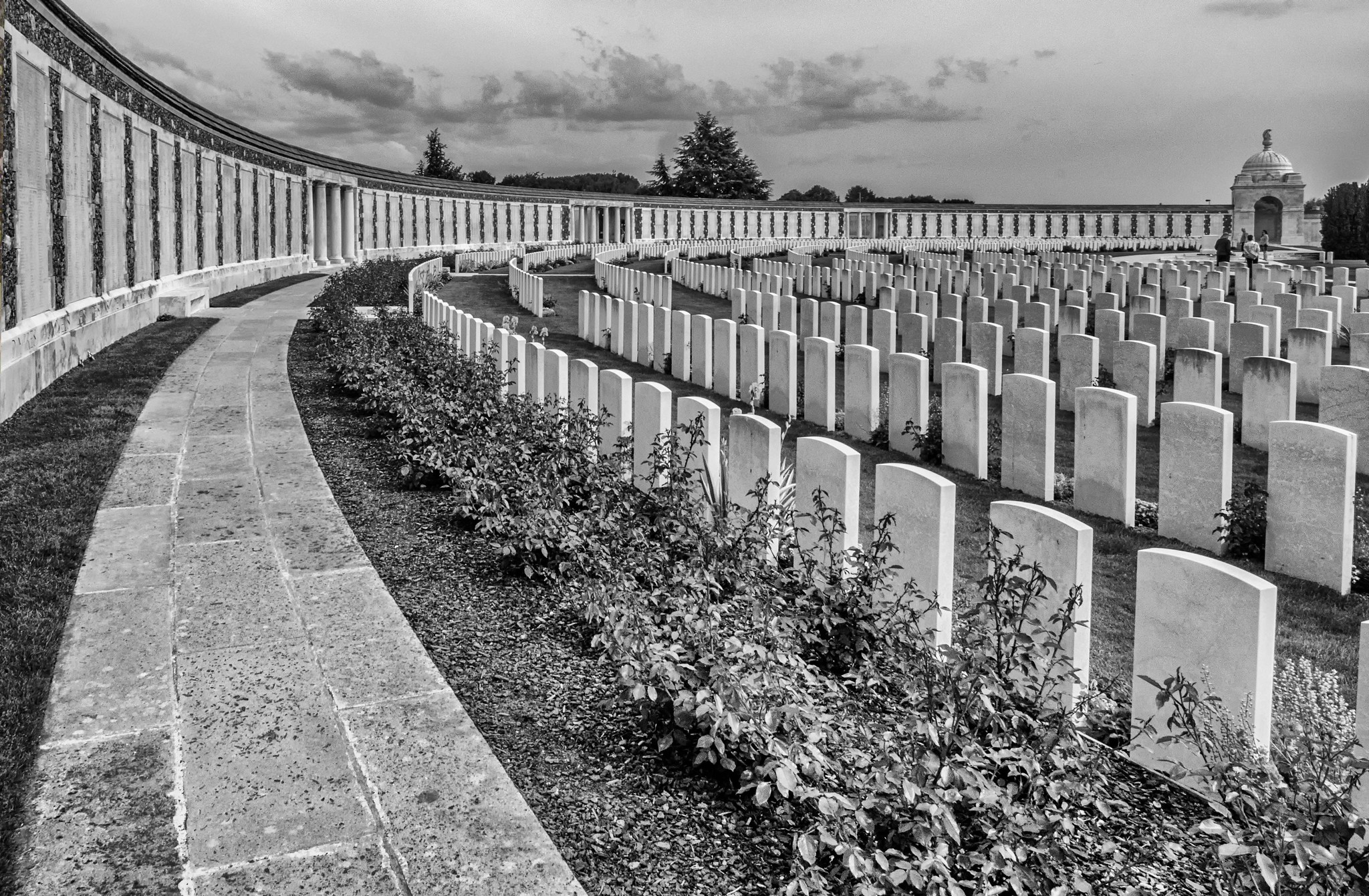Written by Mark Connelly I first visited a Commonwealth War Graves Cemetery when I was sixteen years old. It was Dud Corner Cemetery and the Loos Memorial in France. I can remember the moment vividly. Having developed a deep interest in the First World War, I was on my first battlefield trip. Although my reading had made me aware of the work of the Commission, nothing prepared me for the beauty, calm and dignity of…
Leave a CommentTag: Commonwealth
Written by Megan Kelleher.
As COVID-19 continues to be a key discussion point worldwide, the heritage sector is continuing to adapt to suit the needs of the public. One such organisation is the Commonwealth War Graves Commission (CWGC), who care for the graves and memorials of the 1.7 million men and women who died in the armed forces of the British Empire during the First and Second World Wars. While the CWGC’s work is often at the forefront of much of the commemorative services for key anniversaries of the two World Wars, much of the day to day work it conducts has only recently begun to be told to the public through their website and ever-increasing social media presence. Their digital output has grown dramatically in light of the current crisis, and details of a selection of some of these online resources are detailed below:
Leave a CommentReviewed by Oliver Parken. The notion of the Second World War as a ‘people’s war’ remains an established, and highly contested, tool for understanding the experience and representation of the conflict. Transmitted through wartime propaganda and cultural codes, scholars have tended to assess its workings in the home front context. In the British case, citizens were, after all, drawn into the front-lines of war as targets of enemy bombardment as well as forming the back-bone…
Leave a CommentWritten by Adam Rolewicz.
The history of Britain’s relationship with Europe is one which has received significant attention from scholars and laypeople alike, especially in recent times. It has been explored from a wide range of angles and perspectives, all of which offer unique insights into what has often been characterized as an awkward or reluctant relationship. My thesis employed a specific focus on the attitudes of Foreign Office officials towards European integration in the years 1957-73 and the ways in which these attitudes shaped the foreign policymaking process. The role which Foreign Office officials played in Britain’s approach to membership of the European Economic Community (EEC) was extremely significant, and their attitudes had a profound impact on the policymaking process.
Leave a Comment



